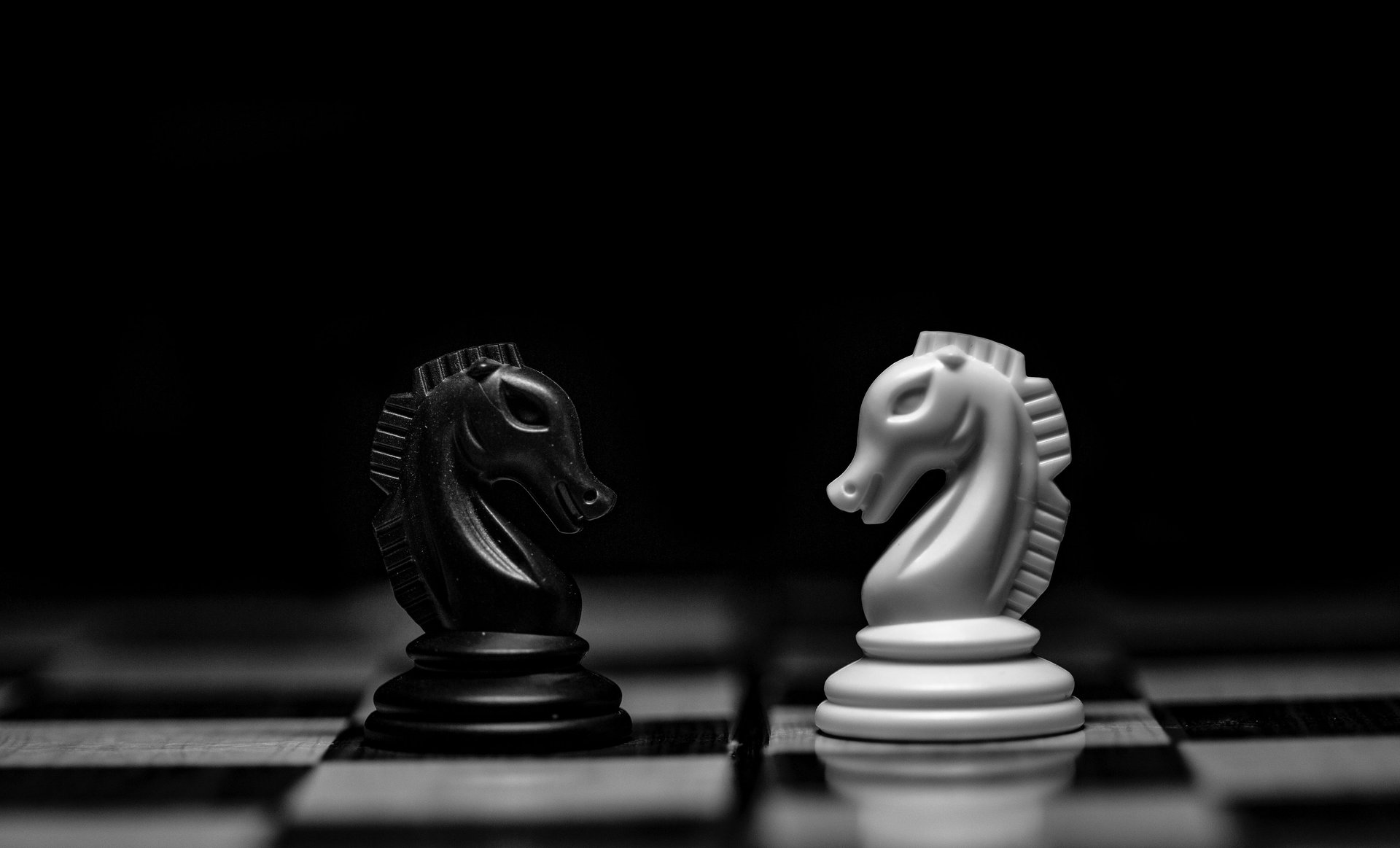
3 Powerful Benefits of Chess For Entrepreneurs
Truth be told, I'm not sure why it took me so long to finally learn to play chess. Looking back, it was befuddling to others as well.
I remember a friend of mine looking at me, bewildered, when I revealed that I didn't know how to play.
"I just thought you would," he said matter of factly.
I suppose the simplest explanation is twofold:
I had no one to teach me.
And
I had no one to play with.
Then, by chance, I was presented with an opportunity to participate in a youth chess mentorship program (yes, even thought I didn't know how to play chess).
That has been, in the last decade, the single most impactful thing that has ever happened to me. Being exposed to, and learning the basic principles of the game of chess has also made me a much better entrepreneur.
Here are just 3 ways that chess has improved my business ability.
Strategy
When we first began the chess program, the founder and I went to check out a weekend program in another city.
Towards the end of the session, we got an opportunity to speak with the program's director, who had been a chess player since 1973 (I wasn't even alive then).
As we spoke, he offered me an opportunity to play against him.
I've rarely been so humbled.
He looked at my board after the first 3 moves, and basically played BOTH sides of the board until he had me checkmated.
Then he looked at me and said, "What is your objective?"
I hesitated.
"To capture the king."
"Exactly," he replied, "So every move you make must be part of your strategy to capture the king."
And so it is with business. No matter what your business is, you must first define your objective, and then devise a strategy to accomplish that objective.
Critical Analysis
Chess, not checkers.
Looking back, I think a large part of why it took me so long to play chess is because my mind struggled to separate it from how checkers is played.
If you know how to play, you understand the significant differences between chess and checkers.
If you don't know how to play, just know that each piece moves and behaves differently. As such, not only is it necessary to understand how your pieces move, you must also be able to understand how your opponent's pieces move.
Chess is as much a game about the pieces on the board as it is about the player across the board.
As you get better at the game, you start to "see" multiples moves ahead and plan accordingly.
Do you capture their pawn with your pawn?
Or will doing so expose your king to their bishop?
What piece should you master? Is it the rook or the bishop? Or perhaps you have an affinity to the knight.
How do you remove your opponent's most powerful pieces off of the board while protecting your own?
And when should you sacrifice one of your pieces in order to advance your aims?
these and a thousand more decisions and considerations are all part of the game.
You have to be able to see the entire board in both present and future tense, and move the pieces based on your opponent's habits. Then you have to plan and execute your counters. All in your mind.
In business, execution of your strategy will require you to be able to "see teh entire board" and plan your moves and counters appropriately.
It isn't enough to only see what is on the board in front of you. You must also be able to FOREsee the board, predict what will happen next, and then plan your counter.
Opportunities and threats can be equally challenging if you lack the ability to position yourself accordingly.
Both in chess and in business.
Patience
In the beginning, most of my games were quick. A majority clocking in less than 10 minutes.
Occasionally, they go a bit longer.
But I learned that as as I get better, and as my competition improves, the games also get longer.
Chess games have been known to go on for hours. The longest chess tournament game ever played last 20 hours and 15 minutes, took 269 moves and ended in a DRAW!!!
Chess also requires patience during the learning process.
I have lost to my phone more times than I care to admit.
And while I'm performing significantly better against my tablet, there is still so much for me to learn.
So it is with business.
A significant majority of people fail simply because they QUIT when they encounter challenges.
Many people aren't strong enough mentally to fight through the obstacles and continue to grind.
Patience and perseverance are two essential traits entrepreneurs must have.
The process of learning how to play chess without throwing my phone out the window taught me a level of patience I did not previously possess.
The ability to look at a circumstance and map out an opportunity is a talent I'm developing as my skills improve.
While I can't promise that every single one of you who reads this will automatically be successful beyond your wildest dreams, I can say that leaning to play chess has markedly improved my business acumen.
And I'm pretty confident it can do the same for you.
Amplified Blog > 3 Powerful Benefits of Chess for Entrepreneurs


